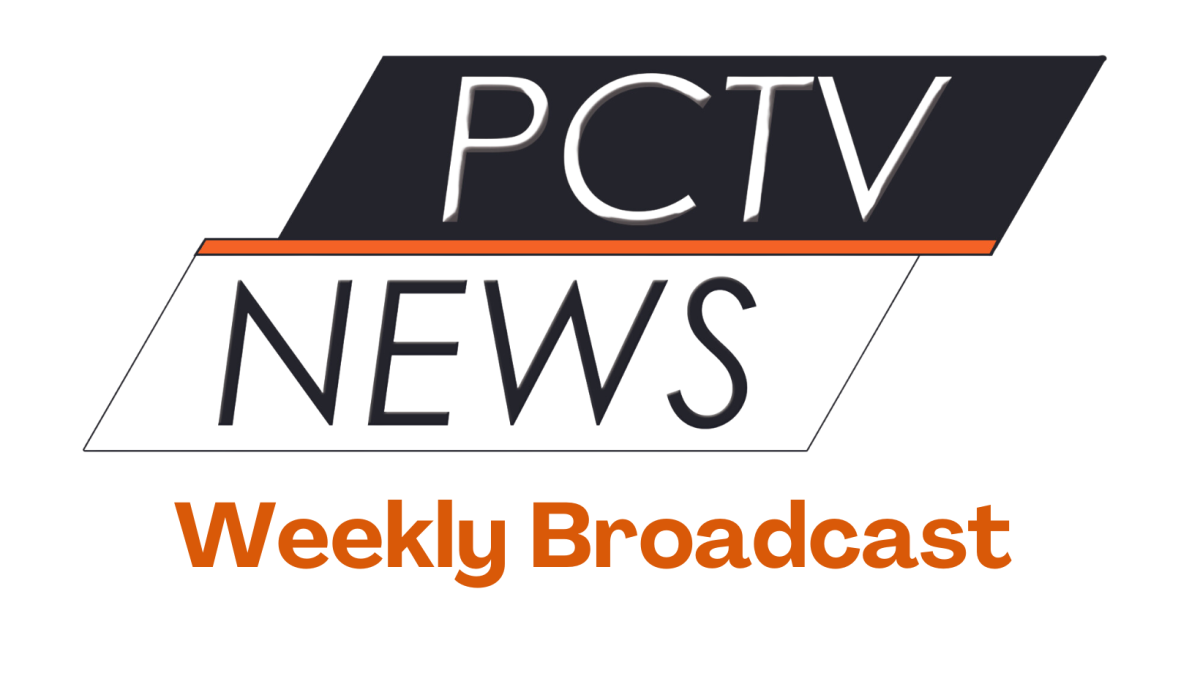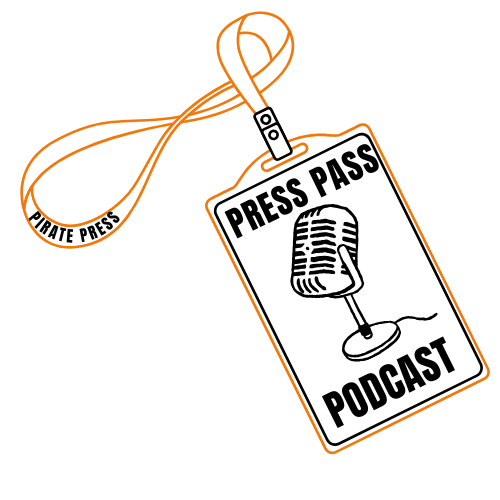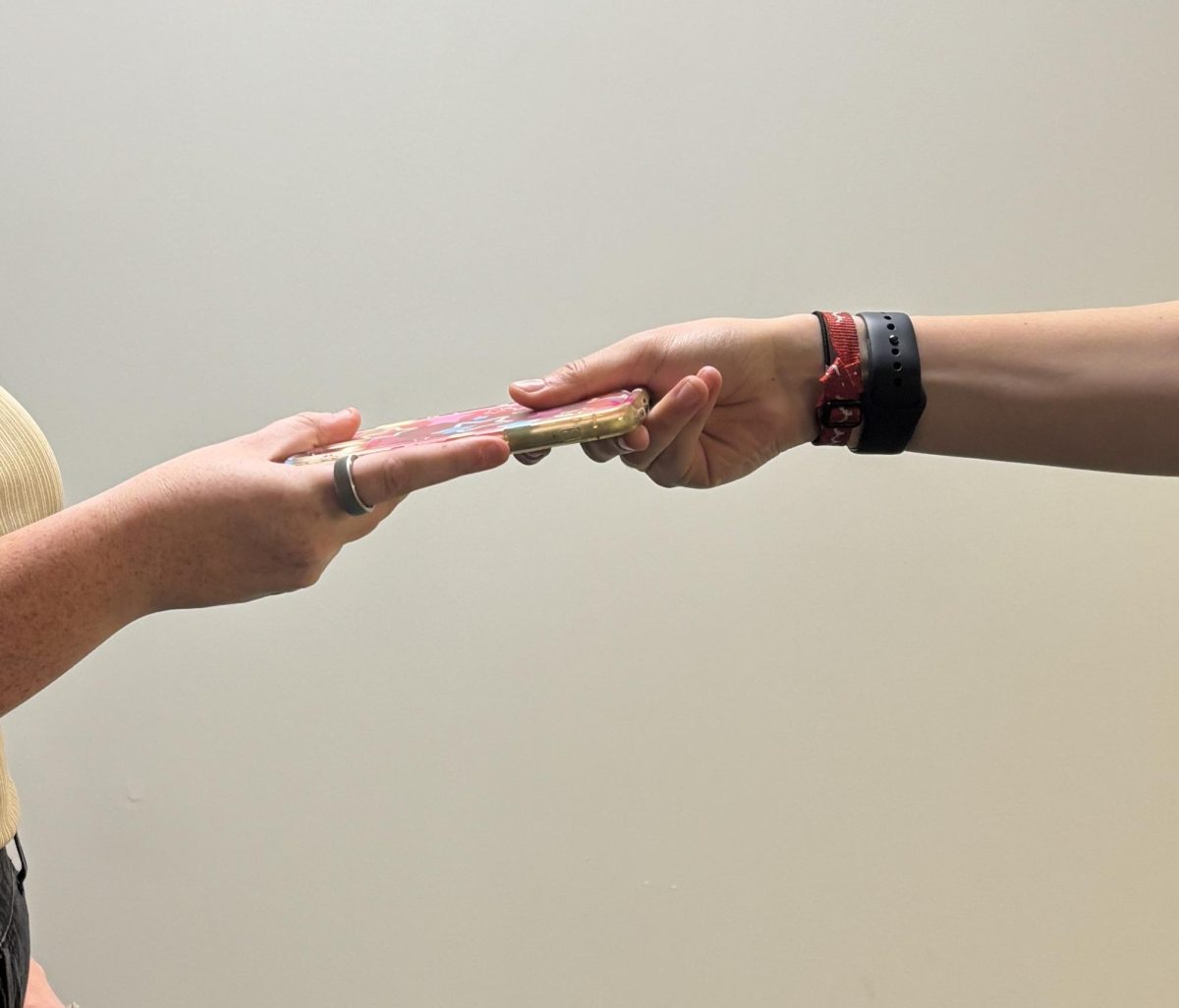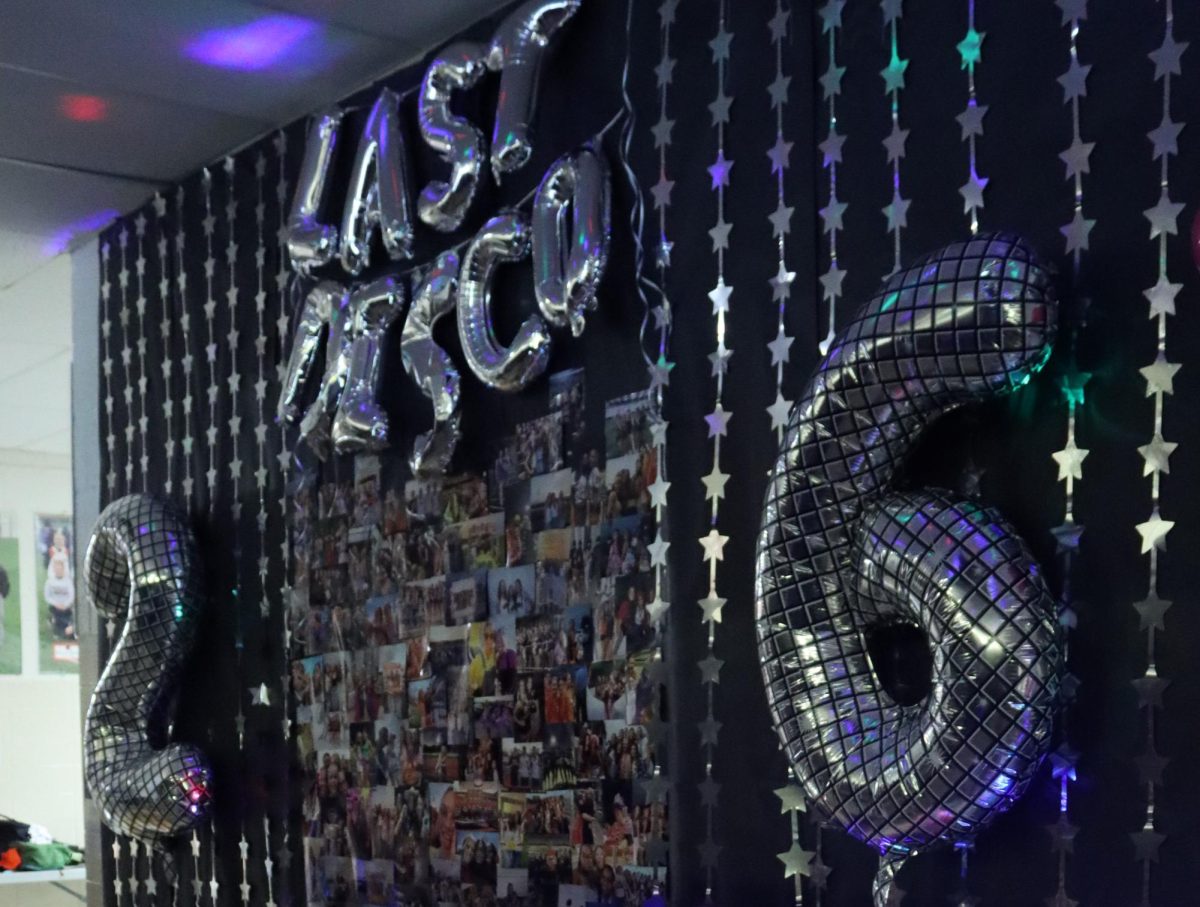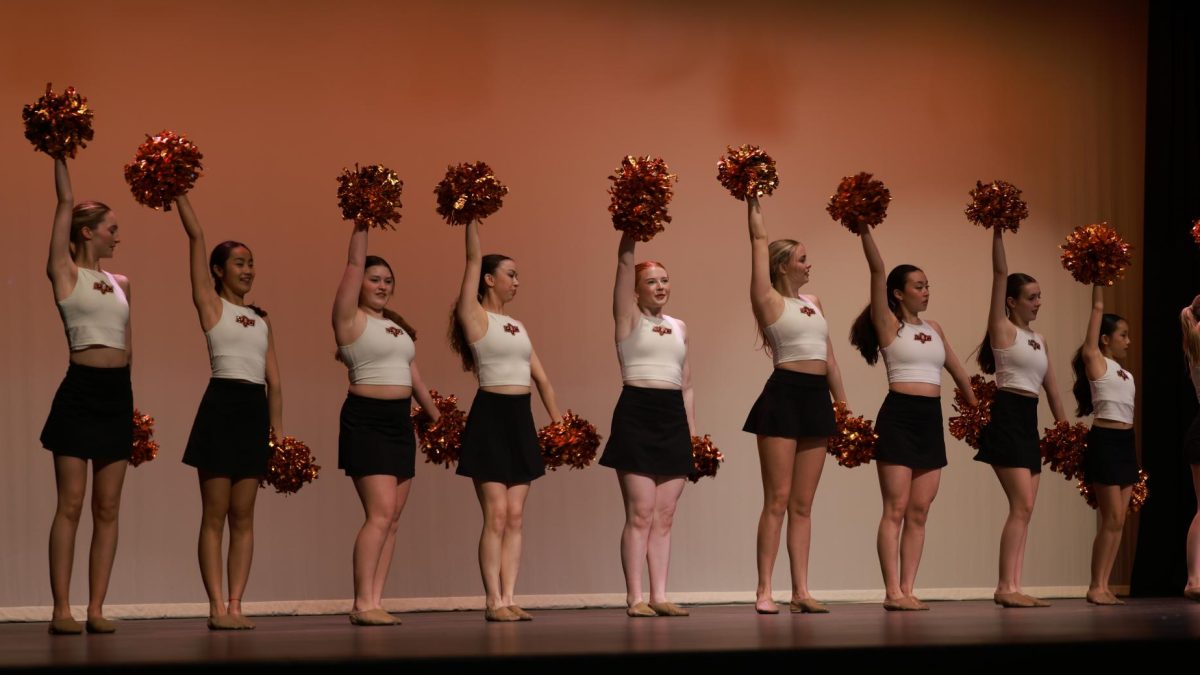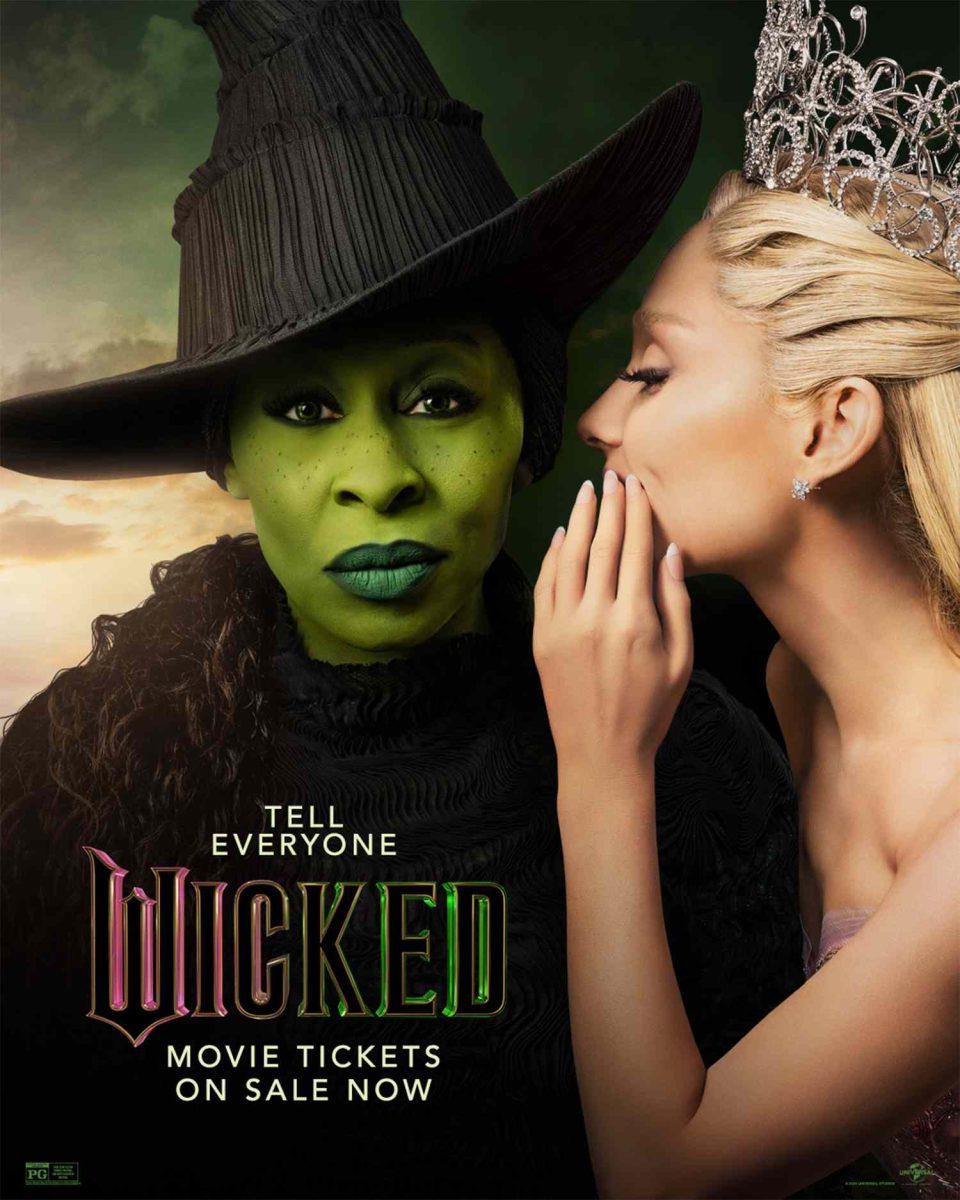Last Wednesday, the Protecting Americans from Foreign Adversary Controlled Applications Act passed in the House – a bill that would Force ByteDance, the China-based company that owns TikTok, to either sell TikTok or face a ban on the app in the US. The app would not be removed from the phones of existing users, but instead it would stop updating, which would eventually render it obsolete. The bill has yet to pass in the Senate, but President Biden has declared that if it is passed by the Senate, he will sign the legislation. Because the bill received bipartisan support, specifically a 352-65 vote, opposed by 50 Democrats and 15 Republicans.
Proponents of the bill argue that the app could be used to gather information in US citizens and influence the US population through the platform’s addictive algorithm. This would affect a significant portion of the US population, since TikTok has reported 170 million users in the US alone – about half the population. People who advocate against the bill say that it stifles freedom of speech by preventing Americans from expressing themselves. This point is supported by TikTok CEO Shou Chew’s claim that “ByteDance is not owned or controlled by the Chinese government. it is a private company. This has been countered by claims from Marco Rubio, the vice chairman of the Senate Select Committee, that “every company is controlled by the Chinese Communist Party.” Rubio also said “They happen to control a company that owns one of the world’s best artificial intelligence algorithms. It’s the one that’s used in this country by TikTok, and it uses the data of Americans to basically read your mind and predict what videos you want to see.”
Many groups oppose TikTok’s ban on the basis of free speech, such as Ashley Gorski, the senior staff attorney of the ACLU National Security Project, who said ““Banning TikTok, directly or indirectly, would violate the First Amendment because it would stifle free expression and restrict the public’s access to a critical source of information.” However, the claims made by many figures on this ban are at best shaky. Chinese companies are legally required to provide information to the CCP intelligence services upon request due to laws such as the National Intelligence Law. This does not mean all Chinese companies are controlled by the CCP – they do operate independently, as the CCP only has a 1% stock share in ByteDance – it simply means that they are required to cooperate with the CCP should the CCP deem it necessary.
As for the claims of violating first amendment rights, such a claim could easily be extrapolated to protect any internet establishment as “free speech” regardless of its concerns for national security or other, and because the American government is not targeting any specific type of speech here, I would argue that they are not infringing on free speech rights, as any company or service that you could share information or post under would fall under the definition of free speech. It’s also important to note that the CCP itself engages in large-scale extreme censorship in China, so the Chinese-beholden company isn’t exactly in the moral high ground itself. It’s also worth noting that the Chinese version of the app, Douyin, has an algorithm that functions vastly differently to its American counterpart, where Douyin promotes creativity and excellence in fields such as architecture, science, and mathematics, while TikTok’s American version promotes vastly different ideals and ideas to its user base.
Despite the steadfast debate on the bill, it likely will not be decided in the Senate for quite a while. Senator Kevin Cramer commented “It’s hard for me to imagine that it’ll be real fast. We don’t do things fast. We’re designed not to do things fast, so I would think months.” So, despite the several conflicting factors in the debate on TikTok’s ban or forced sale, it’ll be a while before it’s decided. Even if the bill does pass, other options such as the sale of TikTok or other social media platforms specializing in shorts are likely to address many of the concerns levied by TikTok’s fervent supporters.

